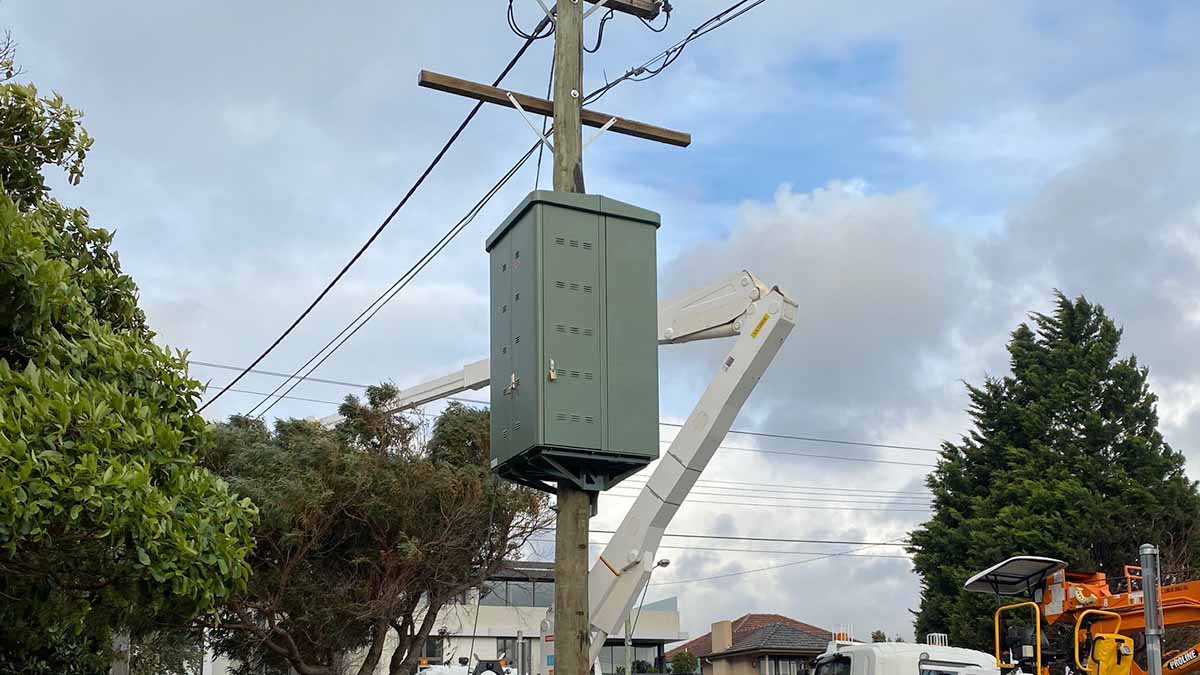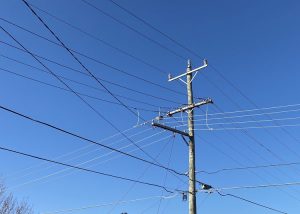Monopoly electricity network companies have won limited rights to own and operate community batteries after the Australian Energy Regulator granted a waiver to ring fencing rules.
The AER says the class waiver will allow distribution network service providers (DNSPs) access to federal Labor’s Community Batteries scheme; a $224 million funding initiative to install “shared” storage across the National Electricity Market.
This storage, in the form of 400 medium-scale batteries – enough to serve an estimated 250 households – will be used to store excess power solar households, while sharing the benefits of solar and storage more broadly across the community.
Under normal ring fencing rules, overseen by the AER to avoid distortion in competitive markets, DNSPs – being regulated monopolies – are not allowed own and operated community batteries.
But the AER proposes relaxing these rules in the case of the Albanese government’s scheme – a controversial measure that critics have argued will give network companies an unfair advantage in the battery roll-out and undermine the program’s otherwise sound goals.
In a statement on issued on Friday, the AER says that, following consultation, it believes the waiver – effective immediately but limited to batteries funded under Labor’s program – leaves in place sufficiently rigorous criteria and controls to mitigate the risk of cross-subsidisation and discrimination.
“We have determined that a class waiver is appropriate for batteries funded under the program to give stakeholders reasonable regulatory and investment certainty concerning the uses and revenue streams of their proposed batteries and to ensure these batteries deliver intended benefits for consumers,” the AER’s says in its final decision.
“The AER considers that allowing DNSPs to operate community batteries on the terms of this waiver is in the long-term interests of consumers because it enables low-risk battery projects to be developed without adversely impacting competition in the emerging battery market.
“The class waiver is limited to batteries funded under the program because we have a clear understanding of the objectives, oversight and consumer benefits to be delivered,” the regulator adds.
“We look forward to the opportunity to incorporate lessons from this waiver into our consideration of future waivers for batteries as this aspect of the electricity market develops.”
The decision, while a clear win for DNSPs, is bound to get a mixed reception, amid concerns that the promised benefit of community batteries will quickly be eroded if the settings around them are not right.
In an article published on RenewEconomy last month, Nexa Advisory’s Stephanie Bashir argues that full value stack of community batteries can only be realised through third-party or community owned models.
Conversely, Bashir says, network ownership and operation of batteries will likely squash competition and innovation in what is a new and evolving market.
“There is a serious risk, that by granting networks a class waiver … community batteries won’t meet the policy intent of the federal government’s program and will not deliver full benefits to Australian customers or their communities,” Bashir writes.
“Worse, it may result in adding 400 taxpayer funded batteries to the regulated asset base of electricity networks.”
In its own submission to the AER, Nexa Advisory warned that only DNSPs would have access to data indicating constraints on the networks and, thus, the best locations for community batteries.
“This places third parties and communities at a disadvantage in comparison to the networks as they are dependent on the network sharing its network data,” Bashir says.
Public distrust of network companies’ is evident in the comments on a RenewEconomy story published earlier this week on a joint “neighbourhood battery” roll-out by Queensland DNSP Energex and Origin Energy.
The $10 million initiative will see Energex install, own and maintain 35 batteries across the regional city of Ipswich, with the capacity to store the equivalent of nearly 600 rooftop PV systems during the day.
The batteries, which will include 30 power pole-mounted and 5 ground-level systems, will be operated by Origin in the wholesale energy market.
“This looks like a scheme for big energy companies to take profits from rooftop solar owners,” says one comment.







